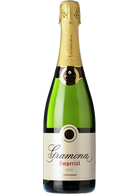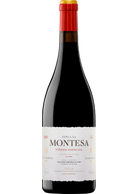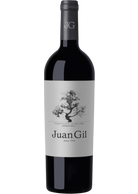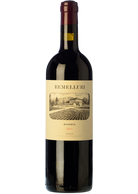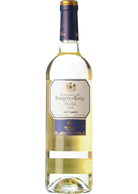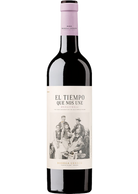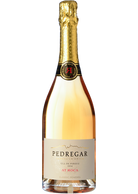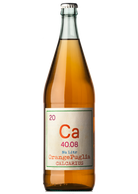Organic wines
The European Union's Bio label certifies that goods have been produced using organic agriculture instead of aggressive or intensive methods. It distinguishes agricultural and farming systems based on the sustainable creation of quality products with respect for the natural environment. Wines bearing the label are usually called ecological wines, bio wines or organic wines. View more>>
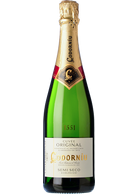
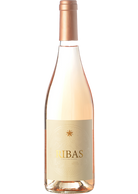
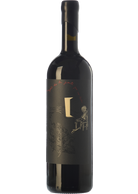
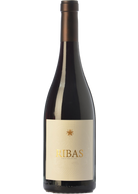

Foradori Fuoripista Pinot Grigio 2023
BIO
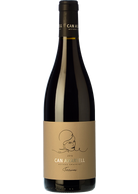
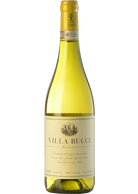
Villa Bucci Verdicchio di Jesi Cl. Riserva 2020
BIO
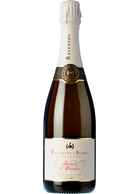

What does organic wine mean?
Organic wine is a term that has been gaining popularity among wine enthusiasts in recent years. But what exactly does it mean? Put simply, organic wine is made from grapes that have been grown without the use of synthetic pesticides, herbicides or fertilizers.
The aim is to produce a product that is not only better for the environment but also healthier for those who consume it.
To be certified as organic, winemakers must adhere to strict guidelines set out by regulatory bodies such as the USDA and EU. This includes using only natural products to protect their crops from pests and diseases, such as insect traps and copper sulfate sprays.
Additionally, organic wineries must avoid genetically modified organisms (GMOs) and limit their use of sulfites – a preservative commonly used in conventional winemaking.
One common misconception about organic wine is that it tastes different from conventionally produced wines.
What is different about organic wine?
One major difference between organic wine and conventional wine is the use of sulfites as a preservative. Sulfites are commonly added to wines to prevent spoilage and oxidation, but they can also cause allergic reactions in some people.
Organic winemakers must limit their use of sulfites according to strict guidelines set by regulatory agencies like the USDA and the EU. As a result, organic wines generally have lower levels of sulfites than conventional wines.
Another key feature that sets organic wine apart is its taste profile.
What does it mean when a wine is biodynamic?
Biodynamic wine is a type of organic wine that is farmed using principles and practices from the biodynamic agriculture movement. Biodynamic farming follows a holistic approach to agriculture where the vineyard and its surrounding ecosystem are considered as one single entity.
This means that the soil, plants, animals, and humans all play an essential role in creating a healthy vineyard ecosystem. Biodynamic farmers use various natural methods such as composting, cover crops, crop rotation, and homoeopathic remedies to enhance the quality of the soil.
Biodynamic wine-making also involves using natural winemaking techniques to create unique and expressive wines that reflect their terroir. The winemaker considers every aspect of the wine production process as having an impact on the final taste. From pruning to bottling, each step has been carefully thought out with minimal intervention in mind.
What is the difference between organic and biodynamic wine?
Both types of wine are produced using sustainable farming practices that rely on natural methods rather than synthetic chemicals. However, there are some key differences between the two methods.
Organic wine refers to wine that has been made from grapes grown without the use of synthetic pesticides, herbicides or fertilizers. This means that organic farmers must find alternative ways to control pests and weeds, such as rotating crops and using compost or manure-based fertilizers. Organic winemakers also avoid adding any artificial preservatives or chemicals during production.
On the other hand, biodynamic farming takes a more holistic approach to agriculture. Biodynamic farmers view their vineyards as self-contained ecosystems and strive for a balance between plant life, animals and soil health.

